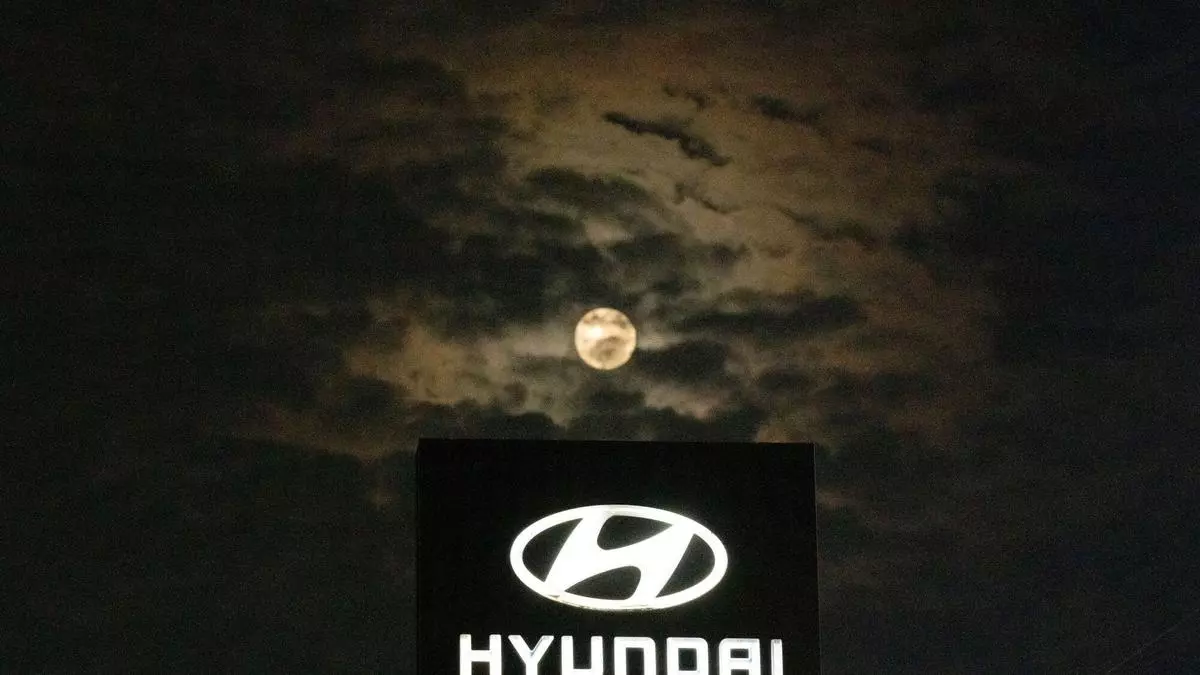Hyundai Motor India’s Record-Setting IPO: A Bonanza for Investment Bankers
Hyundai Motor India’s recent initial public offering (IPO) has made headlines not just for its scale but also for the substantial financial windfall it has generated for the investment bankers involved. As the largest IPO to date in India, it has set a new benchmark in the financial sector, particularly in terms of the fees and commissions paid to the book-running lead managers (BRLMs).
A Financial Milestone
The Hyundai IPO has reportedly paid out an astonishing ₹493 crore to the BRLMs, which includes fees, commissions, and brokerage. This figure represents 1.77% of the total issue amount, eclipsing the previous record of ₹324 crore set by One 97 Communications, the parent company of Paytm, in 2021. This remarkable achievement underscores the growing significance of the automotive sector in India’s economy and the increasing appetite for large-scale public offerings.
Breakdown of Banker Fees
The fees paid to bankers for the Hyundai IPO accounted for more than 75% of the total offer expenses, which also included an 18% Goods and Services Tax (GST). The BRLMs involved in this monumental deal include prominent names such as Kotak Mahindra Capital, Citigroup Global Markets India, HSBC Securities and Capital Markets (India), JP Morgan India, and Morgan Stanley India. Each bank’s fee structure varies based on their specific roles and the discretionary components of their compensation.
Subscription Dynamics
Despite a lukewarm response from both wealthy and retail investors during the initial phases, the Hyundai IPO found its footing on the final day, thanks to robust support from qualified institutional buyers. The overall subscription rate reached 2.37x, indicating a strong interest from institutional investors, which ultimately helped the offering sail through successfully.
Surge in Investment Banking Earnings
The Hyundai IPO has significantly boosted the earnings of investment bankers this year. Prior to this offering, bankers had already amassed ₹1,600 crore from 62 IPOs in 2024. With the addition of Hyundai’s fees, the total fee pool is expected to reach approximately ₹2,100 crore. This marks a remarkable increase compared to the previous year, with IPO fees in 2024 more than doubling those collected in 2023. The only year that surpassed this figure was 2021, when a total of ₹2,646 crore was collected.
Competitive Landscape
Other notable IPOs this year that have contributed to the bankers’ earnings include Ola Electric, which generated ₹145 crore, Premier Energies at ₹75 crore, and Go Digit Insurance at ₹70 crore. The correlation between IPO fees and deal activity is evident, as fees typically range from 2% to 3% of the issue size. However, for larger issues exceeding ₹5,000 crore, this percentage can drop to 1.5% or lower.
The Nature of Fees in New-Age Firms
Interestingly, fees for new-age firms tend to be higher due to the complexity and first-to-market nature of these companies. In 2021, several such firms entered the market, skewing the fee pool significantly. For instance, Zomato and Paytm collectively paid ₹553 crore in fees that year.
Fee Distribution Structures
Issuers generally adopt two or three structures for distributing fees among the bankers. A fixed fee is typically shared among all banks involved in the IPO mandate. Variable fees, on the other hand, depend on the performance of the banks in securing institutional and retail/HNI subscriptions. Some issuers also implement a discretionary fee, which is awarded based on the issuer’s satisfaction with the bankers’ efforts.
In summary, Hyundai Motor India’s IPO has not only set a new record in terms of financial scale but has also significantly enriched the investment banking community. The dynamics of this offering reflect broader trends in the Indian market, showcasing the growing importance of large-scale public offerings and the lucrative opportunities they present for investment bankers.
